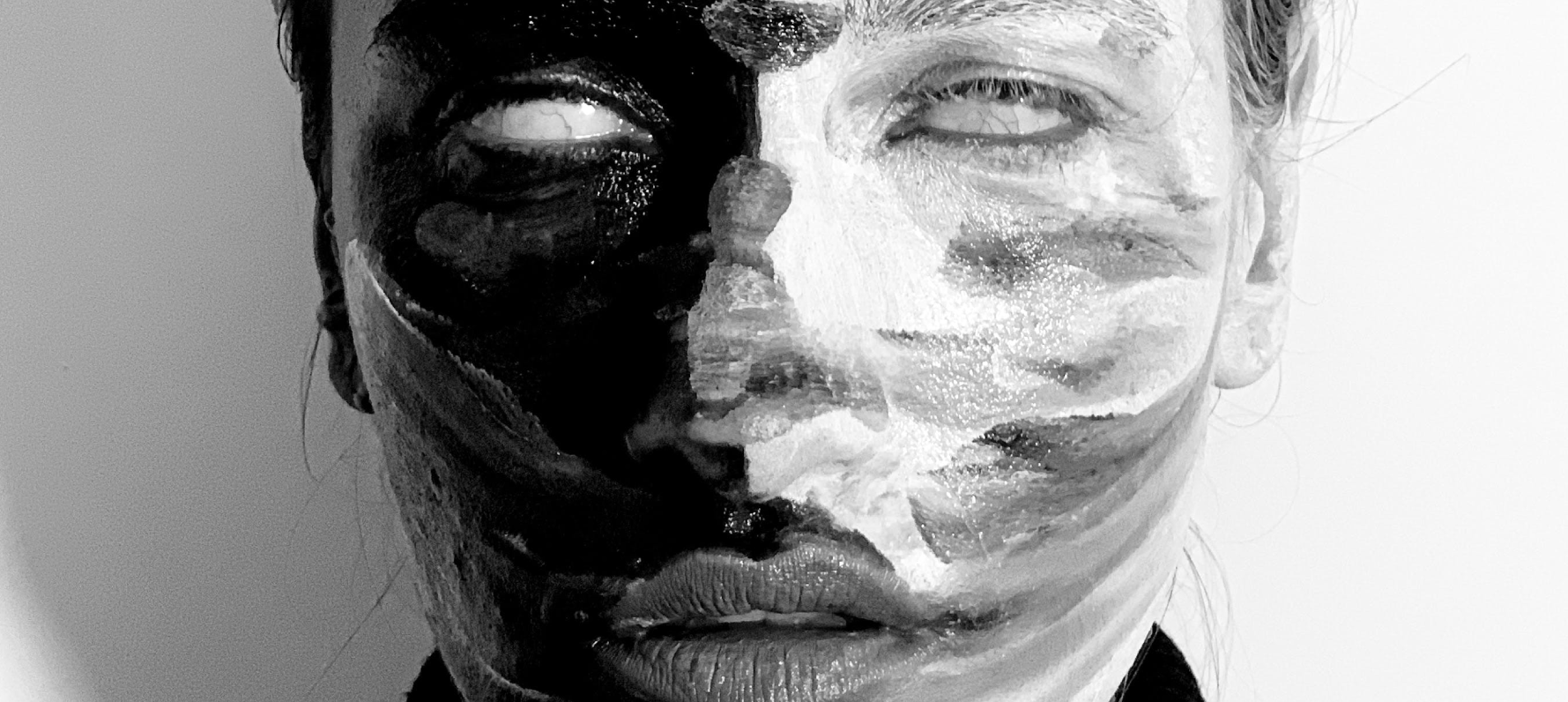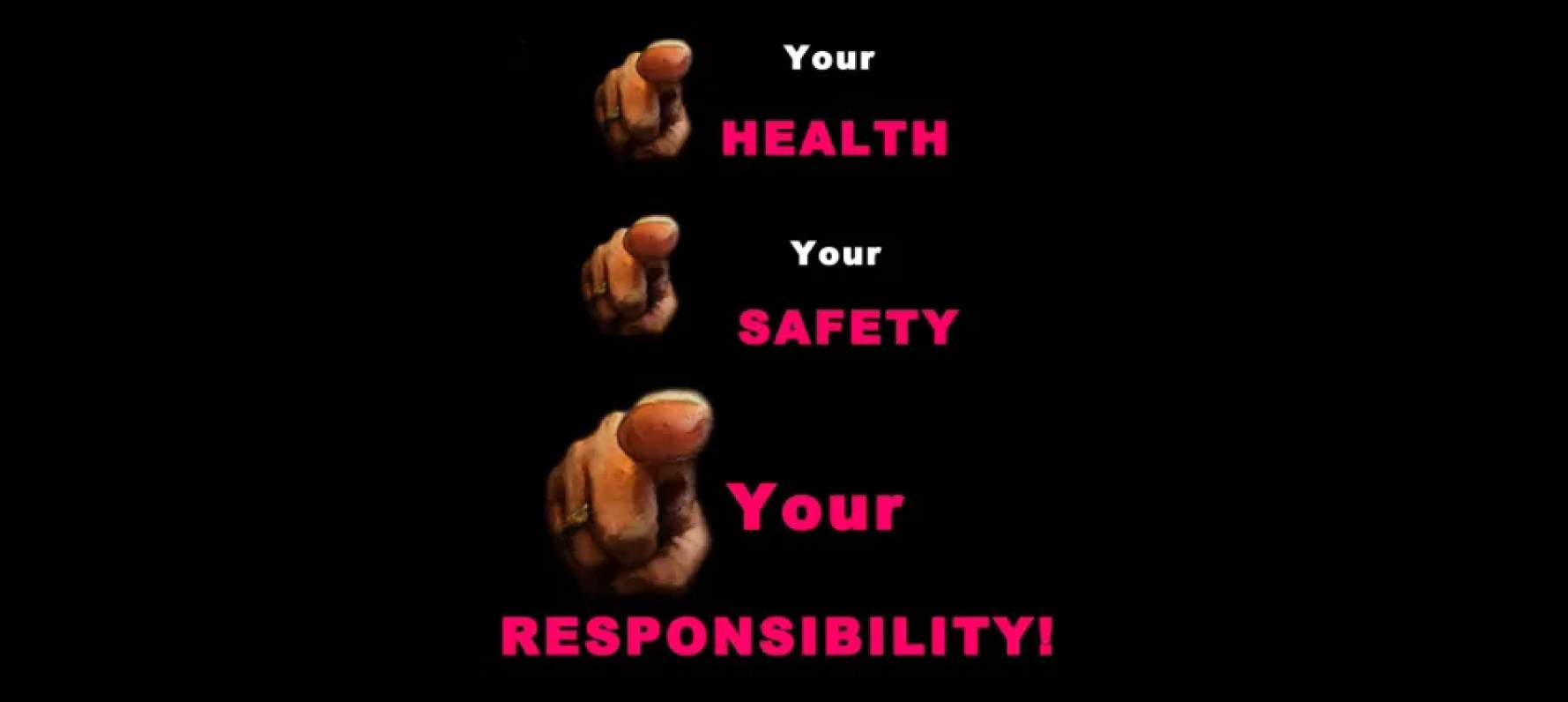Misogyny in the family courts
Everyone who works with women who have been subjected to domestic abuse, or children who have been subjected to sexual abuse, will know how volatile, unpredictable and misogynistic our family court system can be.
I am going to use this space to explore some of the most common narratives and problems that arise for women and girls in the family courts, and I encourage all professionals working in this field to consider what will be presented here. It won’t be comfortable reading, and I fully expect people to try to tell me that these cases aren’t real, and this isn’t happening.
Each year, thousands of women write to me about their terrifying experiences of the family court system. Despite every woman being an individual, and residing everywhere from Essex to Sydney, the story is the same.
And if I have learned anything from working with and for women in need in the last ten years, it’s to watch out for patterns, especially when they span countries, languages and cultures.
As it happens, the way women and girls are pathologised in the family court systems is one of those patterns, and one that worries me greatly. I am, thankfully, not the only person to notice this or to be fighting against this, and recently the UK family court system has been lobbied to commit to reform and exploration of its practices. Campaigns by feminist activists such as #thecourtsaid have repeatedly highlighted the dangerous and abusive decisions of the family courts.
In this blog, I will highlight the most common issues that women are facing and how they are used to create an adversarial, misogynistic system that disbelieves, gaslights and destroys women step by step.
Believe me when I say that this is starting to look like a blueprint. I have been talking with women from around the world recently, and their cases are almost identical. The tactics and language used are the same. The injustices are the same and the risks to children are the same.
I hope by writing this, that more women will become aware of how common this is, and process the trauma, guilt and blame of these distressing court cases.
Women who report abuse are quickly reframed as crazy, jealous exes
Every single report I have read so far has either directly or indirectly described mum as emotionally unstable, jealous of new partners, delusional or has issues with the ex that they seem to be taking out by manipulating the court process or by coaching their children.
Reports seem to read that when women start new relationships after divorce or relationship breakdown, they are unstable and promiscuous, but when the male ex starts a new relationship, it’s taken as evidence that he is stable and settled down.
Often, women face an assumption that they are in the family court system because they are angry that their abusive ex has a new partner. Every woman I’ve spoken with so far has barely even mentioned the new partner, and indeed in some cases, I couldn’t even tell you if there was one. And yet, the way they are being portrayed is that they can’t let go of their ex, and that the court case is a waste of everyone’s time, because she cannot accept the end of the relationship.
What is interesting about this, is that in all of the cases I have discussed this year with women, the woman actually ended the relationship and left due to abuse. Some went to refuges, some went to family, some found other accommodation. All of them left because they realised they were being abused, or because their children disclosed sexual abuse.
None of them want to be with their ex, but it’s amazing how credible male ex boyfriends and husbands seem to be, when they accuse the woman of being ‘jealous’ that he’s moved on. Mud sticks, and professionals around her soon begin to make comments or write reports which include these inaccurate assumptions. This is particularly dangerous where children have disclosed abuse, and then the family court hearings become more and more focused on mum’s ‘agenda’ and ‘motivation’ instead of what the children have said.
No one seems to be taking young girls seriously when they disclose sexual abuse
The way that young girls are being dismissed by professionals ranging from social workers to paediatricians is worrying me greatly, and is the motivation behind this blog post.
The first thing that seems to happen is that the girl discloses randomly, during play or non-related conversation about something that a (usually) male family member has done to her.
Language is usually infantile and mixed up. This is completely normal. The girl describes the abuse in a way that would be clear to any experienced professional that there is something seriously wrong.
Examples include:
⁃ Daddy pokes me in my privates and my bum
⁃ Daddy checks my vagina all the time
⁃ Daddy takes pictures of my bum
⁃ I don’t like it when the yoghurt comes out of dad’s wee thing
As you can see, these real examples clearly show that the child is not coached or influenced. Some children draw pictures of their abuse or of male genitals. Some children write stories or poems about abuse and rape.
In addition to these clear signs of abuse, we also see girls with injuries and genital irritation such as scratches, marks, itching, soreness and spots. Even when this is happening, mothers are being told that it’s normal and that there is no need for tests or examinations.
This completely ignores all of our evidence base in child sexual abuse, which clearly states that these disclosures plus any kind of physical symptoms in small children are clear signs of sexual abuse.
So why are these signs and disclosures from girls being ignored in the family courts? Why are professionals suggesting that girls are making this up, or don’t know what they are talking about? Why are we so sure that she isn’t being abused, that we will continue contact with sexually abusive parents and ignore her disclosures?
This is the opposite of all of our safeguarding evidence and policies. What is the point of having these policies and child safeguarding legislation if we then ignore it during hearings and investigations?
Character assassination is par for the course; and no one seems to care
Reports and hearings often become obsessed with the character assassination of the mother – and become less and less focussed on the well-being and disclosures of the children.
This is something I’ve noticed more and more over the last few years, and now seems commonplace.
Even where children have disclosed and reported to the police, the reports become about the fact that mum was abused as a child or is on benefits. It has absolutely nothing to do with the abuse of the children, any yet the mum of the children finds herself defending her life choices, childhood, personality and background whilst trying to get everyone to re-focus on the disclosures made by the children.
When this happens, the hearings start to become an adversarial process about which parent is ‘telling the truth’, and which is ‘credible’ – rather than addressing the fact that a child has repeatedly described sexual abuse.
There’s a lot of dodgy psychiatry and psychology going on,
It concerns me how many women are diagnosed or labelled with disorders and psychiatric conditions after meeting a psychologist for 2 hours during an assessment. I have read several reports in which women have been labelled, accused and diagnosed after one short interview, whilst they were under severe stress and worrying about their child being abused.
Despite this, these reports are taken seriously and can be used to make important decisions.
As an example, one woman had reported that her child was disclosing abuse by dad, and so they were all assessed. On the psychometrics and assessment, the mum and dad scored the same, but mum was diagnosed and labelled, whereas dad received a glowing report. Interestingly, I noticed that on one subscale created to detect social desirable responding (where people ‘fake good’), the Dad (who was accused of sexually abusing children) scored much higher than the mum, but mum was accused of faking good with the psychologist and Dad was described as friendly and stable.
It was as if the scales were being completely ignored whilst the psychologist wrote a biased report based purely on their own opinion. When this was challenged, mum was accused of being delusional and emotionally unstable. The more mum protested, the more it was used against her to ‘prove’ she was unstable.
In short, mum was trapped. The more she criticised the report, the more she was pathologised using shitty psychology and psychiatry.
This example seems to be common, and I’ve come across similar cases over and over again. It worries me how little time is used to ‘assess’ the family, and the kind of comments that seem to be acceptable.
I’ve read some reports that are nothing short of libel, based on absolutely nothing and are difficult to get overturned or corrected. Conversely, I’ve read reports about Dad, whom the child has disclosed is sexually abusing them, in which they are described as nothing short of a saint among men. It’s very disconcerting reading the reports about a family, in which a fellow professional has written such a biased report, and the disclosures of the child have been almost completely dismissed.
Further, judges have been found to make awful comments, including one who argued that a woman whose daughter had disclosed repeated sexual abuse by her dad, was accused over being overprotective of her daughter because she had historical miscarriages over a decade earlier.
It raises the question of who regulates and manages these hearings and processes, and what rights do women have to challenge and change inaccurate, misogynistic and biased comments, judgments and reports.
Parental alienation seems to be the trump card for abusive men
Not just confined to the depths of MRA twitter and Facebook groups, parental alienation is now being used frequently in cases where children have disclosed abuse.
Even in cases where children have clearly described sexual abuse by dad, the dad is able to argue that the mother is committed parental alienation by stopping the child from seeing him.
This is extremely problematic, especially as most people would agree that if a child has disclosed sexual abuse, the safest thing we can do is keep the child away from the potential abuser to instantly reduce the risk to the child. However, I have now spoken to several women who have been threatened with action, or accused of parental alienation, for stating that they will not allow their children to have unsupervised contact with a parent who the child is saying, has sexually assaulted or raped them.
Most of the women I spoke to were terrified of the accusation of parental alienation, and in cases where this had been used against mum, it often worked – and Dad was granted access even when the child was disclosing sexual assaults.
It is clear that real parental alienation does happen in some cases – but choosing to stop contact when a child spontaneously discloses serious sexual abuse is surely common sense, and not an act of parental alienation.
One woman I spoke to was threatened by a judge that if she didn’t support contact with her ex husband, (who had convictions for DV and the child was reporting had sexually abused her), that he would award full custody to Dad as a way to punish/control her.
Sadly, this isn’t the first time I’ve heard this, either.
Something is seriously wrong with our system.
Evidence is not being gathered correctly or quickly enough when children are at risk from abuse
As if there were not enough issues already, one of the things that has really started to worry me over the last few years is how long children are being left after a series of serious disclosures without any interviews, examinations or referrals.
We already know that on average, children disclose 7 times before someone takes it seriously (according to an NSPCC, 2014 study).
However, I keep coming across cases in which children have disclosed sexual abuse and have even told adults that their genitals hurt – and no one has seen them for weeks, sometimes over a month.
Further than that, some children who disclose recent rape or sexual abuse have not been referred for tests or examination for several weeks, sometimes as long as two months, by which time all DNA evidence would be gone, and some injuries would arguably have healed.
This is counter to all of our knowledge and practice wisdom in child sexual abuse, and yet, it seems common when it comes to family court cases.
I have also come across poor practice in which children have disclosed serious sexual abuse, and the way we have dealt with it is to send uniformed officers into their houses, or taken children to police station evidence suites where the child has instantly stopped talking and has refused to speak about anything.
Rather than us acknowledging that our process has scared the child, we have then suggested that the child has not been abused or there is ‘no evidence’.
Even where parents have attempted to record their child’s disclosures in the moment, evidence is being ignored. Professionals are telling mums that they cannot do anything to protect children as young as 3 years old unless the child gives a full and specific disclosure of the sexual offences, which is also incorrect and does not align with safeguarding practice.
Decades of research evidence is being totally ignored
What this all amounts to, is that thousands of papers, reports and theories are being actively ignored in cases where women and girls disclose abuse.
Whether it’s evidence and theories about how to support children to disclose, or evidence based lists of symptoms and signs of sexual abuse – so much is being ignored.
Research clearly gives us lists of things to look out for in children who might be being sexually abused, and despite many of these signs being present in these cases, children are being ignored. Research also defines the different ways in which small children attempt to disclose abuse that they don’t understand, which ranges from verbal disclosures through to behavioural disclosures – and yet I have never read a report which includes this evidence base.
Research on offenders seems to be being ignored too. Men with previous convictions for sexual abuse or accessing child sexual abuse imagery have been given unsupervised access to children because professionals have argued that his own children are not at risk.
An example of this from around 2015 includes a man who had several convictions for sexual abuse of children online, and accessing child abuse imagery. A social worker approached me for advice because she was so concerned about his three children. Safeguarding concerns had been raised about the three small children, the youngest of which was 2 years old. Dad was known to download and hoard sexually abusive images of infants.
It baffled the social worker that the judge had argued that Dad was not a risk to his own children, but only to children on the Internet!
The judge had suggested that the children have locks on their bedroom doors and be given education about keeping themselves safe. Dad was given unsupervised access to the children.
I do think, having written this story out, that you need literally zero knowledge of safeguarding or sex offender research to know that this was a stupid decision which put the children at significant risk of sexual offences.
What is the point of academics, students. authorities and professionals conducting decades of research if we ignore all of it in real world application?
Final thoughts
I’m sorry that this blog is so negative and so concerning. I acknowledge that many professionals will feel wholly uncomfortable with such a critical view of family court systems around the world. It is not to say that all cases are like the ones discussed here, but it is my opinion that even one case this poor is a failure to protect children from abuse. One case is too many cases.
It is not acceptable for anyone to respond to this blog by suggesting that these cases are worst case scenarios, rare and therefore irrelevant. I am not hugely involved in this field (I am not a caseholder, I am not a lawyer, I am not a social worker), and yet I can give hundreds of real examples of this kind of practice towards women and girls in the family courts.
I wrote this blog for one main reason:
Women need to know that their case was not a one-off. They need to know that they are not to blame, and that they are one of thousands of women who have been labelled and gaslit in the family court system. So many women contact me to talk about their cases and experiences, and they have no idea that this happens to other women, too.
We need to raise awareness of the way women and girls are being treated – and then we need to work together to reform the family courts.
About the author: Dr Jessica Taylor
Dr Jessica Taylor (PhD, FRSA) is a Chartered Psychologist specialising in the victim blaming of women subjected to male violence and the pathologisation of women's mental health. She is the Director of VictimFocus, an international consultancy and research organisation dedicated to changing systemic victim blaming and misogyny in government, policing, law, medicine and social care services. She is the Sunday Times Best Selling Author of 'Sexy But Psycho: How the Patriarchy Uses Women's Trauma Against Them' and 'Why Women are Blamed For Everything.
Get more trauma-informed content!










